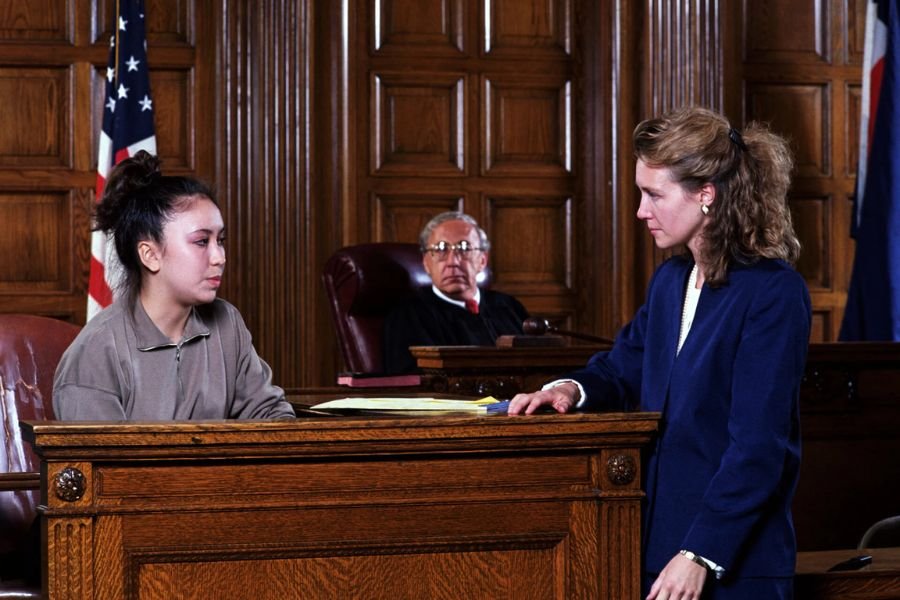A Victim Impact Statements (VIS) is a written or oral statement given by the victim in the sentencing phase of a criminal trial. This allows victims to explain what the offence has meant to them physically, emotionally, and financially. VIS allows victims to voice themselves in court, influencing the judge’s decision when passing down a sentence with crime impact statement UK.
Victims, through their stories, can indeed become vital components of the judicial process: the suffering becomes overt not only to the court but also to the offender. In Victim Impact Statements, a victim can display feelings and opinions on how crime has affected their lives. The court considers the defendant’s criminal history and the crime’s degree.
How Are Victim Impact Statements Used in Sentencing?
Victim Impact Statements are submitted at the time of sentencing once a defendant is determined to be guilty. The judge may include such statements when delivering the final verdict with the sentence. Though the court should consider the law and ensure that the punishment given will be adequate for the crime committed, the victims’ perspective impact can be an integral part of the sentence-in this case, by illustrating the full extent of its impact.
Sometimes, the victim’s statements may advocate for harsher punishments when the suffering of the victim is worse. In some cases, such statements may result in lighter punishments because the victim wants to forgive or rehabilitate instead of punishing. Of course, everything comes to the judge on the final verdict, but the Victim Impact Statements make the victim feel part of the whole process.
What can the victims gain from making a statement?
Making a Victim Impact Statement may be very empowering on an emotional level to the victim, inasmuch as it might present a chance for them to express how they have been affected by the crime incurred to them before a court of law. Being given the right to report how the crime affected him physically, emotionally, and financially could help some leave with a sense of finality and fulfilment. In fact, most of the victims say that making the statement was helpful to them in their healing journey.
In addition, these statements hear victims’ voices directly to the court and the offender, making them more than an emotionally silent entity in the criminal justice process. Certainly, relief is often experienced by the victims, even as the whole process serves to acknowledge the suffering they have endured in a significant manner.
Is a Victim Impact Statement Relevant to Fair Sentencing?
There is some debate with regard to the role of Victim Impact Statements and whether they could lead to biased sentencing. Others voice concerns that because victims are entitled to express their emotional experiences in court, imbalanced sentences may result in the emotion or feeling invoked by a statement that could be enough to tip the scales against an offender in consideration of a sentence by a judge or jury. While these statements are given in the pursuit of providing a more complete view of the crime’s effects, decisions are made on an emotional basis rather than strategic legal grounds.
Although these are compelling arguments against Victim Impact Statements, many still regard them as a critical component of justice. They explain the motive behind a crime and allow the court to understand the effects of the defendant’s crimes. Statements also ensure that suffering on behalf of the victims is considered at the time of sentencing, and their suffering otherwise could be overlooked in the legal process.
Are Victim Impact Statements Utilized in All Criminal Cases?
Victim Impact Statements are not utilized in all cases of criminal offences. These are customarily prepared in most grievous cases, such as violent crimes, sexual assaults, or homicides. In some jurisdictions, the rights of a victim comprise the right to prepare a statement regardless of the nature of a crime. In most jurisdictions, it is only in exceptional cases.
This means that the victim does not have to prepare a statement; however, she or he can if it is of desire. Whenever there are more than one victim, every one of them can prepare his or her own statement and so may produce a more complete understanding of the impact of the crime. A victim also has the right to require his or her statement be read by another person if the victim does not want to read his or her statement.
How Victim Impact Statements Influence Offenders
The Victim Impact Statement may be a turning point for most offenders. It is an important source of personal realization in that it brings to light the practical and tangible aspects of what happened or did not happen following their crimes. They could begin to feel a sense of regret and apology because they could not understand beforehand what they had been responsible for through their acts.
Sometimes, the response of offenders to Victim Impact Statements is an apology and a wish to repair. This does not and should not affect the outcome of the trial; however for both the victim and offender, it does hold some healing potential. It allows the offender to hear the personal impact of his offence and may further that offender toward rehabilitation because he now understands the impact of his crime.
Also, read: Wendi Adelson A Life of Legal Practice, Teaching, and Controversy





